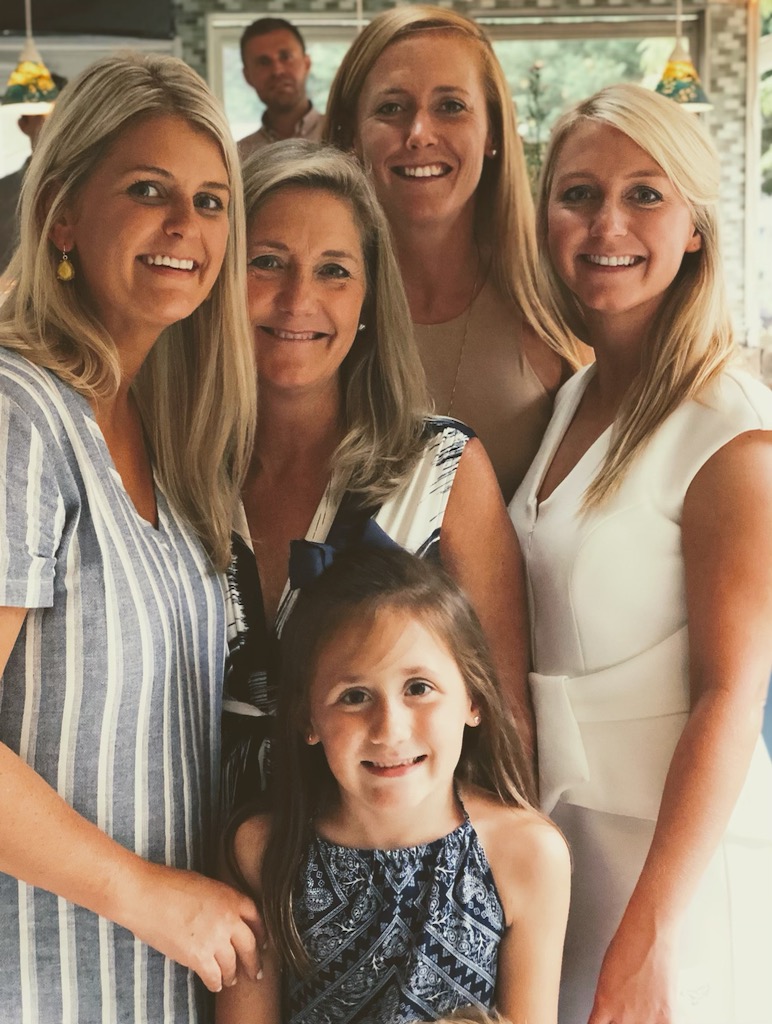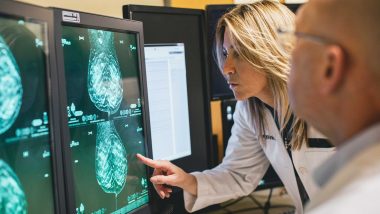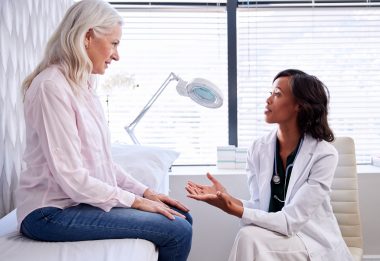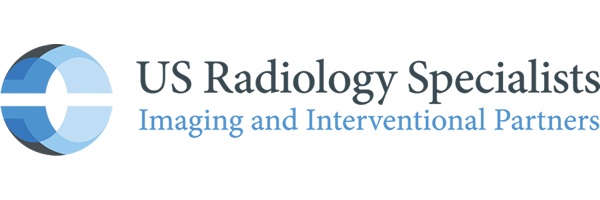Health, family, peace of mind, goals you want to accomplish, places you want to visit and experiences you want to have — these are just some of the reasons to make time for an annual screening mammogram starting at age 40. What’s your reason?
For Beverly, 62, of Monroe, North Carolina, and her daughter, Sarah, 35, their reason is each other — and everyone else they love. Six years after a screening mammogram led to a breast cancer diagnosis for Bev, she and the women in her family are more committed to breast health than ever.
When Her World Stopped
For Bev, a wife, mother of three daughters and grandmother of three, getting a screening mammogram has been part of her yearly wellness routine since she turned 40. She always gets a mammogram at Charlotte Radiology, just like her mother did, right before or after her annual wellness exam.
“[Getting an annual mammogram] was always recommended to me by my internist,” Beverly says. “I just felt like, why not? It was one of those things where if that’s something you can have to detect cancer earlier, it seemed like a no-brainer to me to have one every year.”
In the spring of 2017, Beverly’s screening mammogram detected something neither she nor her physician could feel: a small tumor in her right breast. Beverly credits the Charlotte Radiology mammography technologist with taking an extra image when she thought she saw something suspicious. A breast biopsy confirmed Beverly had cancer.
“Your world kind of stops at that moment,” she says. “Everyone else is running around, but your world has stopped.”
Most women who develop breast cancer don’t have a family history of it, according to the American Cancer Society, and that includes Beverly. She had, she says, drawn “an unlucky card.”
Read More: 10 Mammogram Questions You’re Too Nervous to Ask
Overcoming Cancer
Thanks to Beverly’s commitment to having yearly screening mammograms, physicians diagnosed the cancer at stage 1A, when the tumor was small and hadn’t spread beyond the breast. This gave her an excellent chance of beating the disease.
Beverly had a lumpectomy to remove the tumor, followed by four weeks of radiation therapy. She then took an oral hormone inhibitor for five years, until July 2022. She’s been cancer-free for five years and counting.
For Sarah, a special education teacher, wife and mother from Unionville, North Carolina, and her sisters, Laura and Candace, watching their mother go through cancer treatment was difficult. But they weren’t surprised by the outcome.
“She’s a super tough woman,” Sarah says of her mother. “It was hard to see the breakdown part of it, but we knew once [treatment] got up and going that she was going to make it through, and we were just super proud of her for how she handled it and kept going. That was big.”
Read More: Breast Cancer Myths Debunked by a Breast Health Expert
Recommitting to Their Reason
For Beverly and her daughters, prioritizing breast health has taken on deeper meaning and new urgency in light of Beverly’s cancer journey.
“We kind of laugh because I said, ‘You know, I had no family history of [breast cancer], but unfortunately, you guys can’t say that,’” Beverly says she told her daughters. “‘It’s so important that you go in there and get checked.’”
Beverly and her daughters regularly remind each other to conduct monthly breast self-exams. After Beverly’s diagnosis, Sarah and her sisters notified their physicians that breast cancer was now part of their family history. Fortunately, genetic testing found that Beverly did not carry the genes that increase breast cancer risk. As a result, Sarah’s physician told her it was fine to wait until she turns 40 to start having annual screening mammograms. When that time comes, she and her sisters will be ready.
“What speaks to us is that [Mom] caught [the cancer] so early. If she hadn’t gone for her yearly [mammogram], there’s no telling how much it would have grown over a certain period of time,” Sarah says. “That, I think, is the story that sticks out to us. It was caught early, and everything is OK. So that leads us to follow in those footsteps.”
“What I’ve always told my daughters is you do all you can do,” Beverly says. “That’s all you can do, right? So, if you’re given the opportunity to be able to be diagnosed early, or to just get that check that says, hey, you’re good. I mean, take it, because I feel like it’s unwise to not do that.”
 Set a Date for Your Screening Mammogram
Set a Date for Your Screening Mammogram
If you’re 40 or older, few things are more important for your health than getting a screening mammogram every year, even if you don’t have a family history of breast cancer. As Beverly learned, not having a family history of this disease is no guarantee of protection. Anyone can develop breast cancer.
Getting an annual screening mammogram can give you an advantage against breast cancer, as it did for Beverly, by detecting it early. In its early stages, breast cancer is easier to treat with less invasive treatments that can produce more successful outcomes for patients. In fact, nearly 100% of patients diagnosed with stage 0 or 1 breast cancer have a 5-year survival rate. This includes Beverly, who continues to make memories with the people she loves and pursue her passions, including gardening and decorating, because a screening mammogram led to an early breast cancer diagnosis.
Other benefits of getting a screening mammogram every year include:
- Screening mammograms can find otherwise undetectable breast cancers. Beverly’s mammogram found a tumor she didn’t know existed. That’s because 3D mammograms can detect breast cancer up to 2 to 3 years before a physician or patient can feel a lump. And not all breast cancers produce symptoms, especially in the early stages.
- Screening mammograms reduce breast cancer deaths. Over the past three decades, breast cancer deaths in the U.S. have dropped nearly 40%, attributable to annual screening mammograms, according to the American College of Radiology.
- Screening mammograms provide peace of mind. Whether your results are negative or lead to a breast cancer diagnosis, you’ll eliminate uncertainty to determine your best path forward. The experts at Charlotte Radiology are here to provide support for your best breast health.




